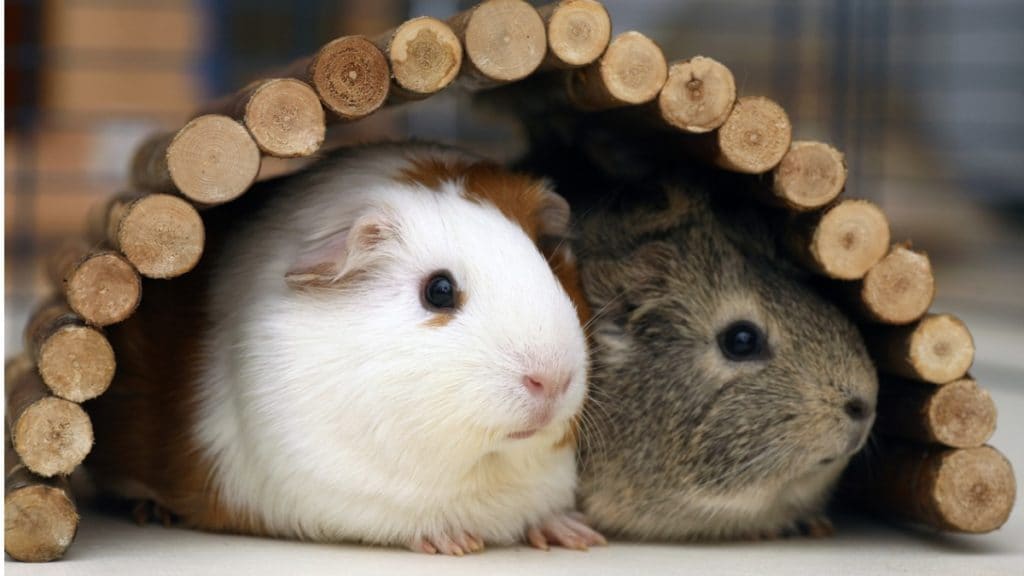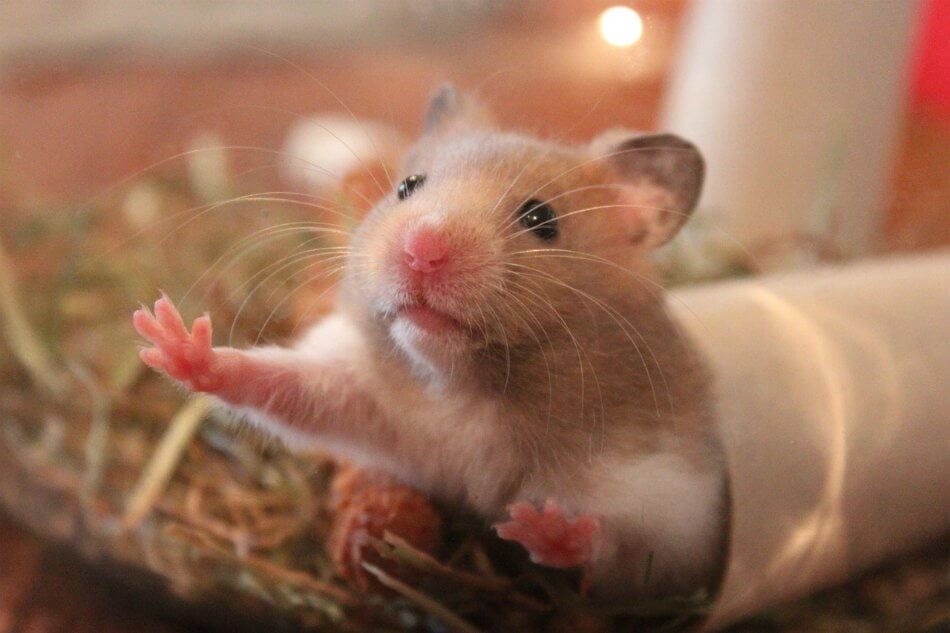Best Hamsters for Home Companionship
Hamsters have gained immense popularity as pets due to their adorable appearance, playful behavior, and relatively low maintenance requirements. Often considered ideal companions for both children and adults, selecting the right hamster breed can greatly enhance your home life. In this article, we’ll explore the best hamster breeds for companionship, their care requirements, and tips on how to make your new pet feel at home. You will also learn about their temperament, lifespan, and how to create a suitable living environment for them. Let’s dive into this comprehensive guide on choosing the perfect hamster companion!
Why Choose a Hamster as a Pet?
Choosing a hamster as a pet comes with many benefits:
- Small Size: Hamsters are small animals, which makes them great for people living in apartments or smaller homes.
- Low Maintenance: They require minimal grooming and can be fed on a simple diet of pellets and fresh vegetables.
- Interactive and Playful: Hamsters enjoy interaction with their owners, providing companionship and entertainment.
- Quiet Pet: Unlike dogs or cats, hamsters are relatively quiet, making them ideal for peaceful home environments.
- Educational Value: Owning a hamster can be a great way for children to learn responsibility and empathy towards animals.
Top Hamster Breeds for Companionship
1. Syrian Hamster
Temperament: Friendly and social when handled regularly. They are known for their playful nature.
Lifespan: Typically 2 to 3 years.
Care Considerations: Requires a spacious cage with exercise wheels and tunnels. They are solitary animals and should be kept alone.

2. Dwarf Hamster
Types: Includes Roborovski, Campbell’s, and Winter White dwarfs.
Temperament: Generally friendly, but can be nippier than Syrian hamsters.
Lifespan: Around 1.5 to 3 years.
Care Considerations: These may be kept in pairs or small groups, but you’ll need to monitor for aggression.
3. Campbell’s Dwarf Hamster
Temperament: Playful and energetic, enjoys activities and socializing with their owners.
Lifespan: Approximately 2 to 3 years.
Care Considerations: Needs a larger cage, as they are active burrowers. Regular handling is important to develop trust.
4. Winter White Dwarf Hamster
Temperament: Known for their gentle behavior, making them a good choice for families.
Lifespan: About 1.5 to 2 years.
Care Considerations: Similar care needs as Campbell’s; be cautious about housing them with others to prevent fighting.
Setting Up the Perfect Home for Your Hamster
Choosing the Right Cage
Providing an optimal living environment is crucial for your hamster’s happiness. A spacious cage with proper ventilation will prevent stress and promote healthy activity:
- Size: At least 24” x 12” for a single hamster.
- Material: Wire cages are preferable as they provide ventilation, while aquariums can be used but ensure proper air circulation.
- Accessories: Include a solid floor wheel, tunnels, hiding spots, and chew toys to keep your hamster engaged.
Feeding Your Hamster
Feeding your hamster a balanced diet is key to their well-being. Here are some guidelines:
- Pellets: High-quality hamster pellets should form the basis of their diet.
- Fresh Vegetables: Offer small portions of fresh veggies such as carrots and cucumbers.
- Treats: Occasional treats like sunflower seeds or nuts can be given but in moderation.
Regular Care and Handling
To ensure your hamster is healthy and happy, regular care and gentle handling are essential:
- Cleaning: Clean the cage at least once a week, replacing bedding and cleaning dishes.
- Health Checks: Monitor their health; look for signs of illness like lethargy or changes in eating habits.
- Bonding: Spend time interacting and playing with your hamster to develop a bond.
Common Health Issues in Hamsters
Just like any other pet, hamsters are prone to certain health issues:
- Wet tail: A serious condition caused by stress or sudden changes in diet.
- Dental Problems: Overgrown teeth may occur if they do not have enough items to chew on.
- Obesity: This can develop if they are not provided with adequate exercise.
Bonding With Your Hamster
Establishing a strong bond with your hamster is key to creating a lasting friendship. Here are some tips:
- Start Slow: Allow your hamster to get used to your presence before trying to handle them.
- Gentle Handling: Use both hands to scoop them up gently, never grabbing from above.
- Interactive Play: Use tunnels and toys for guided playtime outside their cage.
Where to Buy Hamsters
When it comes to purchasing a hamster, consider the following options:
- Pet Stores: Common place to find healthy hamsters; ensure you choose a reputable store.
- Breeders: Professional breeders can provide specific breeds and may offer health guarantees.
- Rescue Organizations: Look for local rescues that may have hamsters looking for a home.
Conclusion
Choosing a hamster can be a delightful experience, bringing joy and companionship into your home. Whether you opt for a friendly Syrian or a playful dwarf hamster, proper care, engaging interaction, and a suitable environment are crucial to ensure your furry friend lives a happy and healthy life. Remember to do thorough research and make informed decisions when choosing the right breed for your family. With love and care, your hamster can become a cherished companion for years to come!
